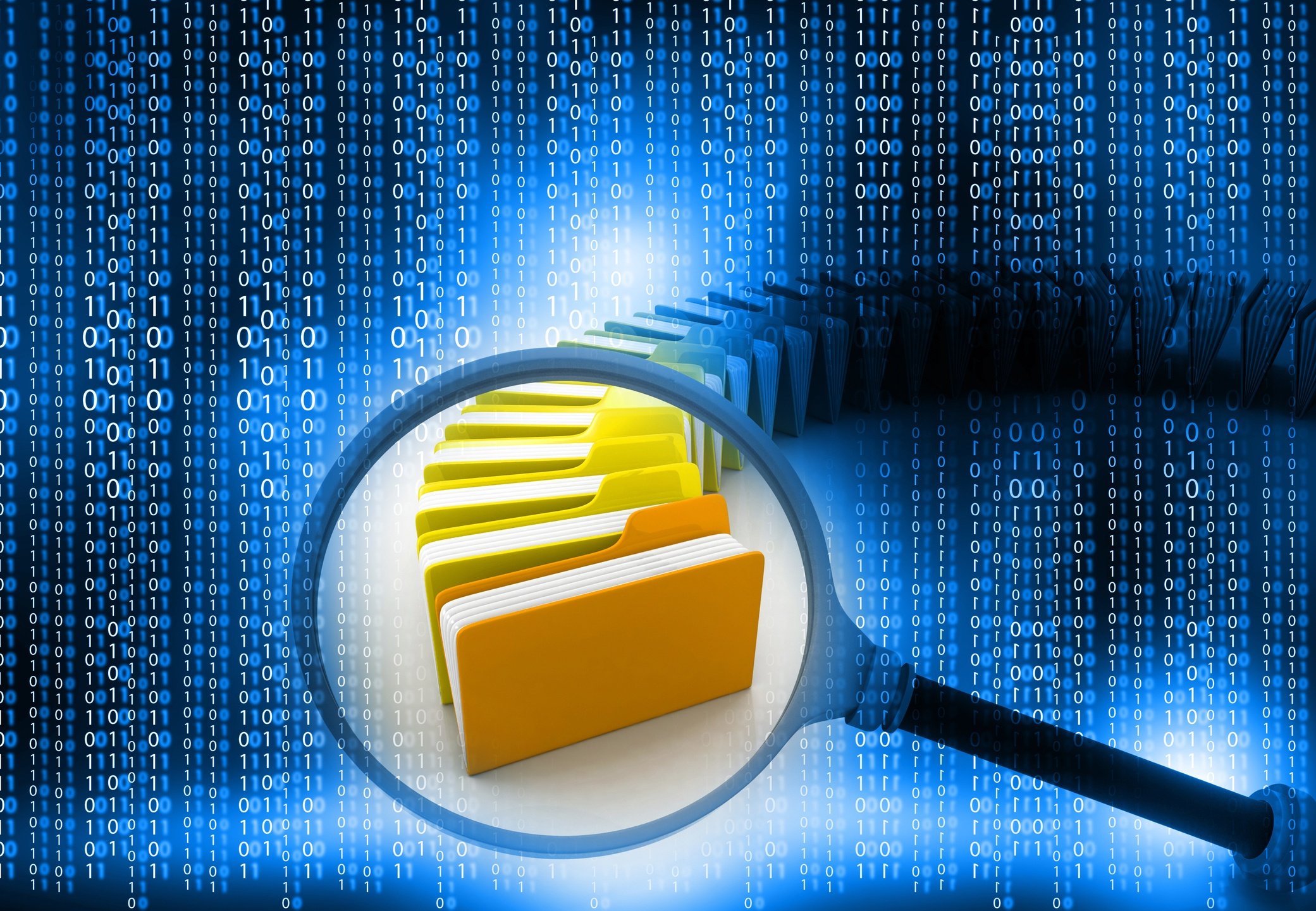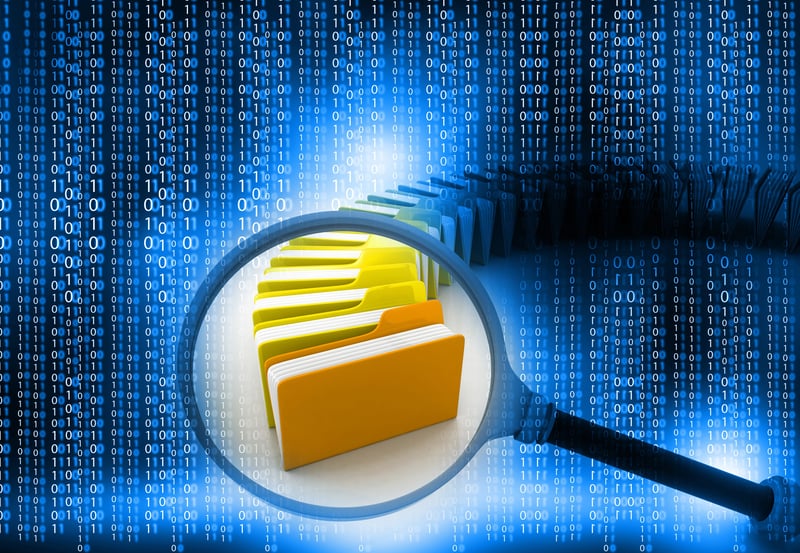Why You Shouldn't Ignore Security Updates for Your Devices
Did you know that 98% of cyber attacks can be stopped simply by keeping your devices up-to-date? Our lives seem to be moving faster as we advance our...


What image comes to mind when someone mentions archives? Dusty file cabinets in a basement or buried and mislabeled folders on your desktop are two common ideas of what archiving is. There is much more involved with archiving than meets the eye. First of all, an archive is more than a backup. It has to meet three requirements to do its job:
How does this apply to your mortgage business? Keeping mortgage-related data safe and readily accessible is essential for smooth operations. A complicated array of legal requirements mandates data retention. Fannie Mae requires permanent mortgage records, along with long-term retention of other documents. You may also have an obligation to maintain records relating to credit decisions.
It generally isn't necessary to keep hard copy records, as long as all required information is available in a digital form. Keeping information in electronic form saves space and — when properly maintained and backed up — is safer from physical damage.
Keeping Data Available and Secure
Keeping data available is tricky, because it can’t just be open to everyone. The same applies to security, in that while being safe is good, it still needs to be accessible, or otherwise it’s useless. The requirements pull in two directions. It's necessary to retain information and report it when required by law, but it's equally important to keep confidential data out of the wrong hands. Doing everything right isn't easy. Consider hiring professionals to manage your data for you.
With the cloud-based platform EmailGuardian from Access Business Technologies you can archive internal and external emails in a highly secure archive and keep data safe for all current and future employees. When shopping around for companies to handle your data, the following shoud be considerations.
Data centers around the world keep information like this safe against any single point of failure. Users can view archived mail directly from Microsoft Outlook, and they can set retention rules to control what's archived and what's deleted.
ABT data centers offer Azure-based cloud backup and archiving. This approach reduces the amount of time you have to spend maintaining your archive and protects it against on-premises disasters. Scaling the archive as your business grows is easy. Retrieving stored data is straightforward.
Data Safety
A reliable archive provides multiple benefits. It allows your mortgage business to always be prepared for the unexpected. If your office sustains damage from a natural or man-made disaster, or if the employee who “knows everything” leaves, archived information is your way to continue operations as if none of the above happened.You and your clients can't afford to wait for you to recover data from a myriad of possible locations when it comes down to it. Keeping your data safe from physical breaches shouldn't be your only concerns. Bottom line - properly archiving your information allows it to be available when you need it, and where you need it, regardless of outside factors.
Data drives business nowadays. When everything necessary is securely archived, it isn't necessary to rely on memory and guessing or to waste time searching different collections of records.
Aside from unpredictable disasters that can set you back, your business needs to be confident with all of its legal compliances. When you need to provide data for an audit or any other time, your data needs to be there. Archiving in the mortgage industry is more important than it is in many others due to the legalities, duration, and complexity of the information that is shared. Using the right products to manage your company's data could make the difference in whether you stay in business for years to come.
Did you know that 98% of cyber attacks can be stopped simply by keeping your devices up-to-date? Our lives seem to be moving faster as we advance our...

Your business can implement the most sound measures to prepare for every eventuality and still be sidelined by a disaster beyond anyone's control....